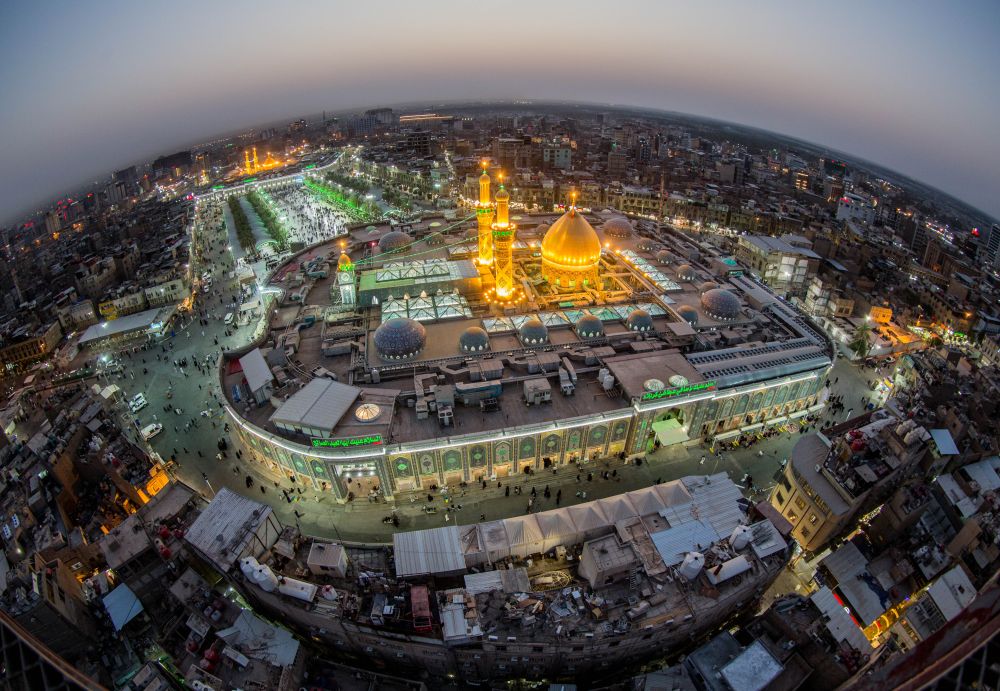

Karbala, located in central Iraq, is one of the holiest cities for Shia Muslims. The significance of this city dates back to the 7th century with the battle of Karbala, where Husayn ibn Ali, the grandson of the Prophet Muhammad, was martyred during his stand against the Umayyad caliph Yazid I.
The tragic events of the battle of Karbala have established the city as a major pilgrimage site. For centuries, Shia Muslims have traveled to Karbala to commemorate the martyrdom of Husayn, particularly during the first month of the Islamic calendar, Muharram, and the Arba'een, which marks the end of the 40-day mourning period for Husayn.
Over time, the pilgrimage to Karbala has been influenced by political changes in the region. The Ottoman Empire, which controlled Iraq for centuries, had varying policies regarding the pilgrimage, which they sometimes saw as a potential source of rebellion. During the 20th century, after the establishment of the Kingdom of Iraq and subsequently the Republic of Iraq, policies shifted based on the government in power. The Ba'athist regime of Saddam Hussein, for example, imposed severe restrictions on the pilgrimage due to the Shia opposition against his rule.
After the fall of Saddam Hussein in 2003, restrictions on religious gatherings were lifted, leading to a resurgence of pilgrimage tourism. Millions of pilgrims now visit Karbala annually, particularly during Arba'een, which has become one of the largest peaceful human gatherings in the world.
As the number of pilgrims has increased, so too has the development of infrastructure. The Iraqi government and religious institutions have worked to expand accommodations and transportation for visitors. Despite ongoing security concerns, the pilgrimage to Karbala remains robust, contributing positively to the local economy.
The current trend in Karbala's tourism is not limited to religious purposes. There is a growing interest in exploring the city's rich culture and history, including the historic sites and the surrounding landscape. Furthermore, the tourism sector is increasingly recognizing the need for a diverse range of services to cater for international visitors, including those from non-Muslim backgrounds who are interested in the cultural heritage of the region.
In recent years, strategies are being developed to ensure sustainable tourism that respects the city's heritage and caters to its visitors' needs, showing a move towards integrating tourism with broader economic development goals.
Despite the increase in tourism, Karbala faces challenges such as political instability, security issues, and the need for improved infrastructure. However, the potential for tourism growth remains high, with opportunities to enhance cultural, historical, and even ecotourism experiences in and around the city.
The future of tourism in Karbala, if supported by stable governance and investments in infrastructure and visitor services, could see the city become an even more significant player in the global religious and cultural tourism market.